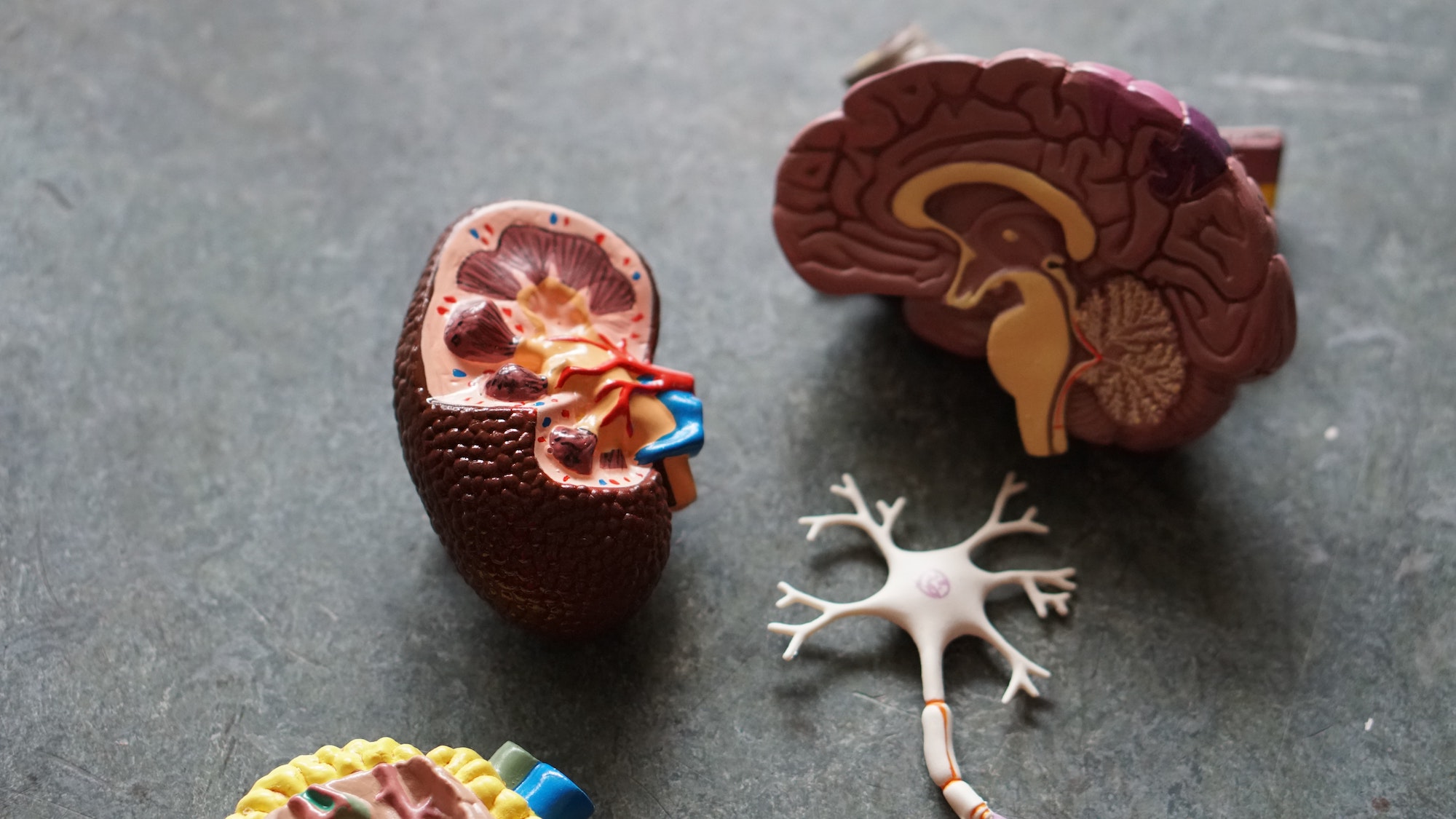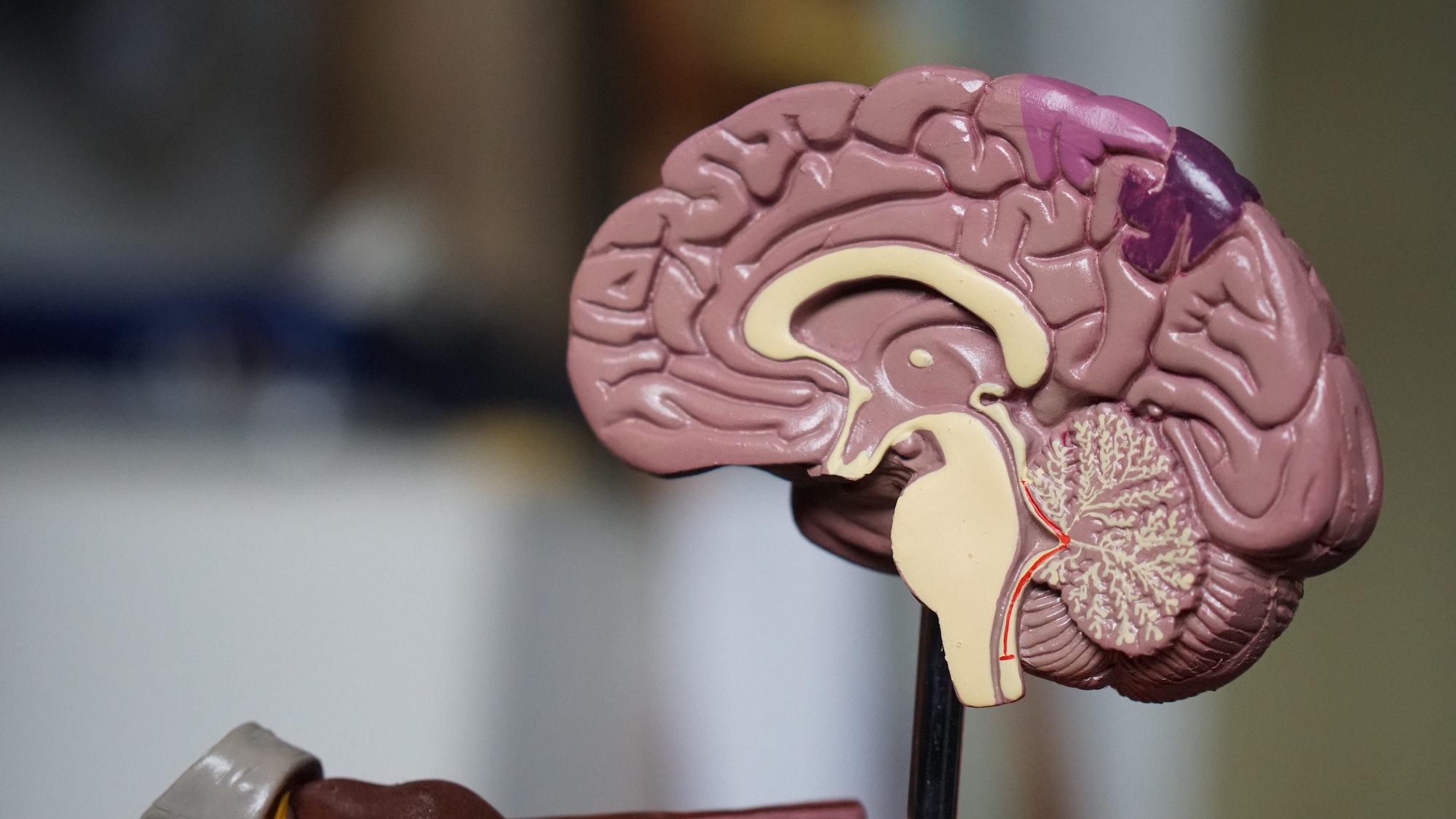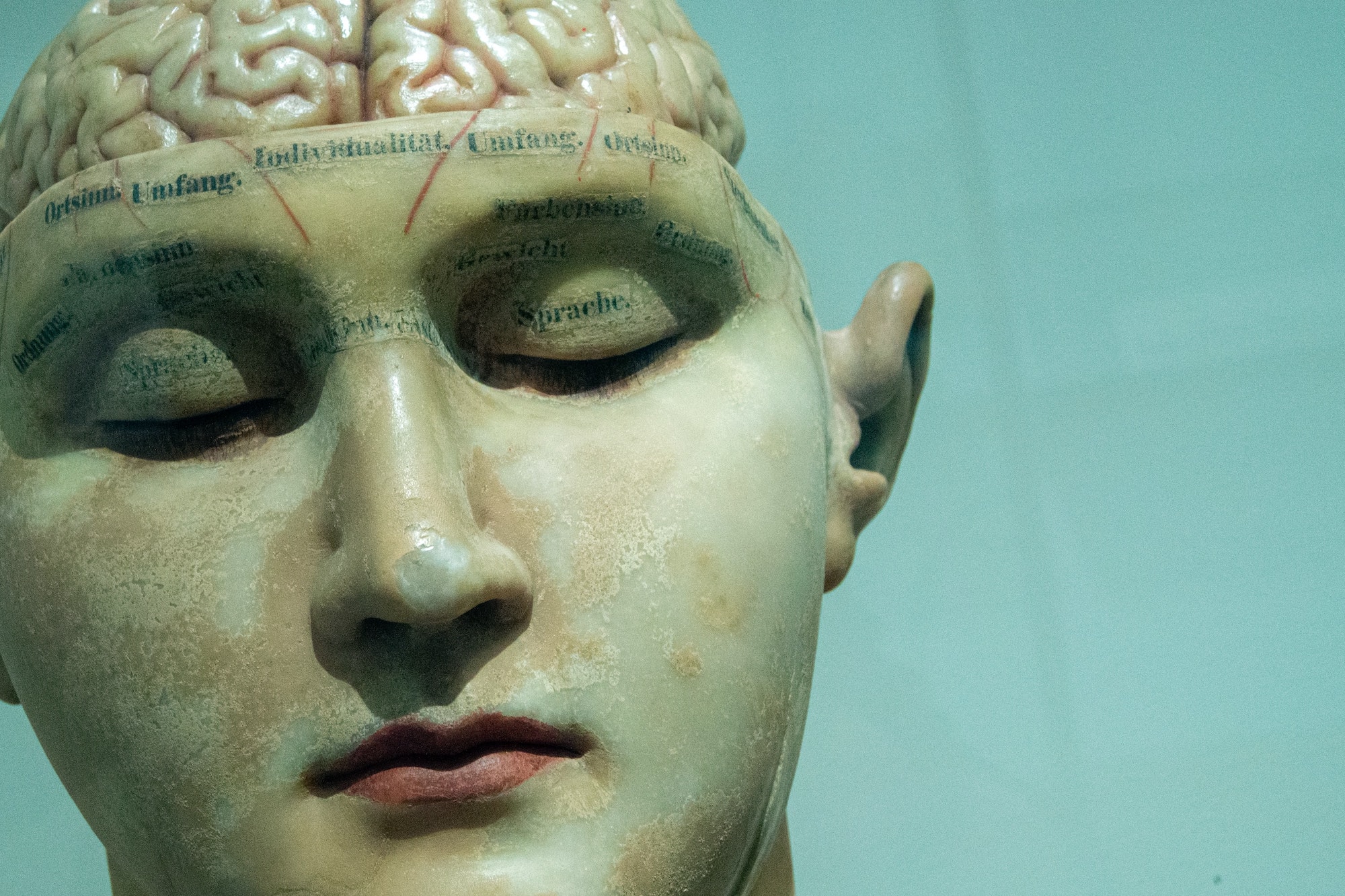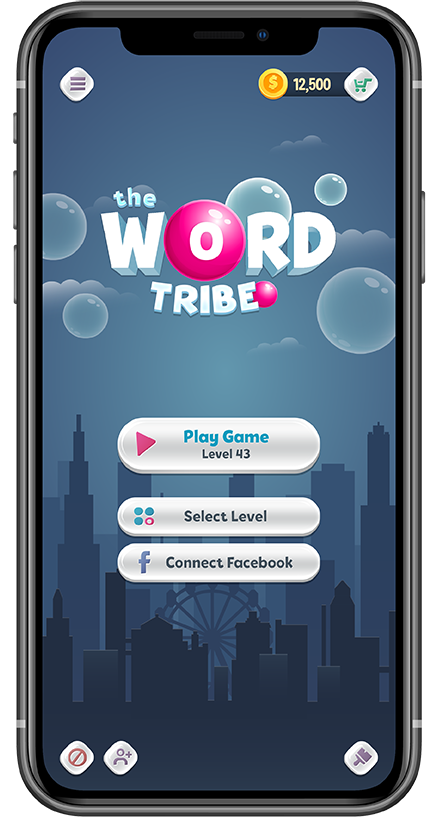The human brain is both a complicated and amazing organ. Many of us want to know: what is going on up there? Here are 6 facts about the brain that are guaranteed to impress you:

The Brain Itself Does Not Feel Pain
Pain in the body is felt when sensory nerves, called nociceptors, are stimulated. These nociceptors send signals from your skin, muscles, organs, and joints to your brain, where the pain is recognized. However, it may shock you to learn that the brain does not contain these nociceptors, and therefore does not feel pain itself. In fact, this is the reason that neurosurgeons are able to perform surgery on patients without causing them extreme pain. Sometimes patients are even awake during these procedures!

The Brain is Made of 75% Water
We all know that water makes up a large percentage of the human body. In fact, the brain is made up of 75% water! This might seem like a trivial fact, but it is actually very important. Because our brains are made up of so much water, dehydration can cause major issues. Even a small amount of dehydration can lead to an unfavorable impact on brain performance.

Cognitive Function Starts to Decline in Late 20’s
Don’t let this fact scare you, but new studies have shown that some people’s cognitive functions begin to decline as early as their late 20’s. These functions include things like making quick comparisons, distinguishing relationships, and recalling unrelated information. Regularly exercising, eating well, staying hydrated, and getting plenty of sleep are great ways to help preserve your brain’s cognitive function.

The Brain Uses 20% of the Body’s Oxygen
The brain only accounts for 2% of the body’s total weight. Therefore, it may surprise you to hear that the brain uses 20% of the body’s oxygen. This is because the brain requires a large amount of oxygen to function correctly. As a matter of fact, going as few as 5 minutes without oxygen can lead to brain cell death. In some cases, the brain cell death can lead to serious brain damage.

The Brain Triples in Size During the First Year of Life
Yes, you read the title correctly! The human brain triples in size during the first year of life. After this initial rapid growth process the brain continues to grow until a person is about 18 years old.

We Use More Than 10% of our Brain
You may have heard the fact that we only use 10% of our brain. However, this is a widely spread myth! In reality we use much more than 10% of our brain, even when we are sleeping! It is true that we are not using every part of our brain at all times. Nonetheless, recent brain scans have shown that activity occurs in all parts of the brain in a 24 hour period, even when the body is at rest.











